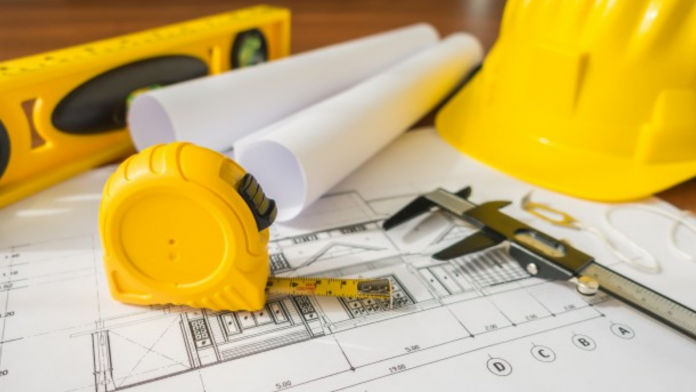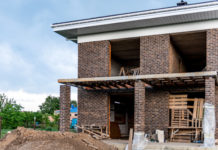Are you a plot owner who needs funds to construct on it? Then this is the ideal solution for you. Construction loans allow those who already own a plot to borrow funds to enable them to build residential units on the plot. The construction project is then managed by an agreed group of professionals with disbursement handled on an arrears basis directly to the contractor.
According to HF group, you will require;
- Approved building plans
- Evidence of the applicant’s contribution
- Bill of Quantities
- Contractor agreement
- Profiles of (Project Manager and or, Architect, Quantity Surveyor, Contractor, Structural Engineer)
- Professional indemnities of the Architect and engineer
See also: Mortgage Loan: What you need to know
Construction loans work completely from mortgages. A construction loan is a short term commitment by a lender to finance the cost of building a home and often the cost of acquiring the plot. Moreover, you will be expected to pay some of the funds like 10 or 20% as equity. Additionally, the rates are variable and adjust with the prime rate.
The construction loan will only last until your building is complete, it doesn’t exceed to the house. A home loan is finances provided by the lender to purchase an already existing property.
What to expect when looking into construction loans:
One time close option
Lenders will offer you a construction to permanent loan, these may help you avoid paying duplicate closing costs. However, it may require additional equity and a great credit score to offset the lender’s higher risks.
Have necessary documents
Just like the home loan(mortgage), you will need recent tax returns, employment records, credit balances and bank statements. In addition, for a construction loan, you’ll also need documents to show the project can be finished on time at a high quality and on budget.
Avoid delays and surprises
Remember your lender will request for an appraisal which may take awhile to complete. Hence, always respond to your agent closing your loan to be at par with the lender. Equally important, review documents when you receive them and address all questions long before the closing date.
Don’t delay to pay your builder
Note that as the work is completed, the builders will submit draw requests from the lender. Both the owner and the builder must sign the request. Therefore, the bank sends inspectors to see if the payment is justified to protect you from paying for incomplete work as well as guarding their investment.
Convert to mortgage
You can convert to a mortgage when your project is near completion. Although you shouldn’t change employment or get other loans during the construction period. Lenders will see this and withdraw from the contract.
Features of a construction loans
- Maximum loan of up to 90% for owner occupier and 70% for rental or investment units
- Customer will only pay interest for a period of up 12 months during the construction period
- Maximum loan term of up 20 years for employed customers and 10 years for SMEs
Benefits of getting a construction loan
- The lender will provide construction monitoring services
- Customer will only pay interest during the construction period
- Access to the in-house construction management team at HFC
- Loan conversion to a long-term mortgage on completion of construction
Fees & Rates
- Commitment Fee of 1.5%
- Valuation fee of approximately 0.5%
- Legal Fees of approximately 1-2%
In conclusion: You don’t necessarily need land to get this loan but owning land can serve as collateral, making the qualification process easier. And, in some cases, you can include the cost of the land in the construction loan. Building your own home is rewarding and exciting. Hence by understanding construction loans, you can choose the right financing option for you.














